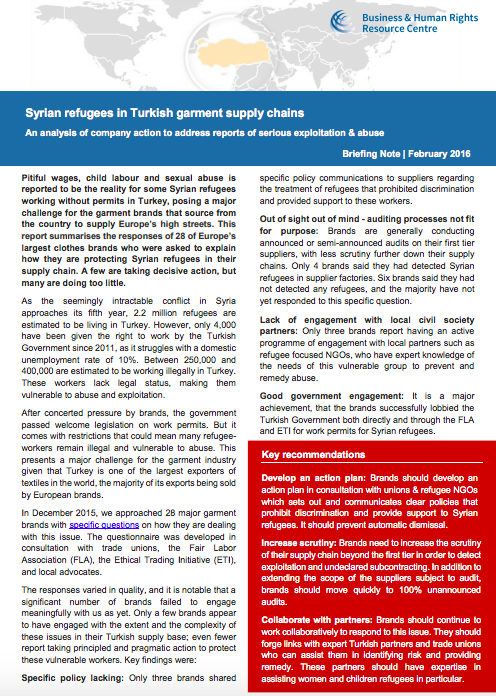Trafficking in Persons Report 2020
PublicationsU.S. Secretary of State Pompeo released the State Department’s 2020 Trafficking in Persons Report on June 25 2020. This report marks the 20th anniversary of the TIP report and the introduction to the 2020 edition celebrates the progress in combati...Read More

